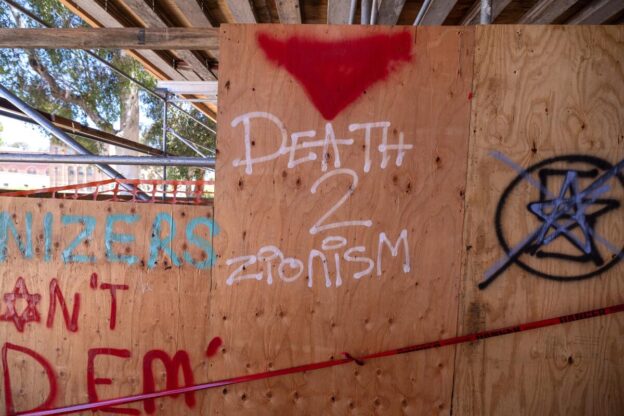The obvious problem posed by the commandment to love Hashem (Devarim 6:5) is that love is an emotion. How can one possibly be told to love?
One understanding of that commandment is provided by Abaye in the Talmud (Yoma 86a): “That [one should cause] the name of Heaven to be beloved [by others] through you.”
He explains that if one conducts himself properly, studying Torah, serving scholars and conducting business with honesty, people will say “Fortunate is his father who taught him Torah, fortunate is his teacher who taught him Torah” – thereby engendering observers’ love for Hashem.
The Rambam (Yesodei HaTorah 5:11) echoes that statement, adding the importance of taking care to not “separate [oneself] too far [from normal life]”.
Causing others to love Hashem is arguably easier today than ever. Since society is so often crass and rude, even conducting oneself in a normal, reasonable way does not go unnoticed. A “please” or “thank you” or “good morning,” not to mention a smile, stands out. And if offered by an identifiable Jew, can create love for Hashem.
Another approach to the mitzvah of loving Hashem is recorded in the name of Rav Akiva Eger, based on the fact that emotions can be cultivated and harnessed.
A key to observing the “love Hashem” commandment, he suggests, is provided each day just before we recite the Shma, which introduces it. The final brachah before krias Shma in the morning ends with “Who chooses His nation Yisrael with love”; and the one before the evening recitation, with “the One who loves His nation Yisrael.”
In other words, recognizing Hashem’s love for us yields reciprocal love for Him.
As Shlomo Hamelech teaches in Mishlei (27: 19), Kamayim hapanim lapanim… – “As water reflects a face back to a face, so is one’s heart reflected back to him by another.”
What is true in human relationships is equally true in our relationship with our Creator.
© 2025 Rabbi Avi Shafran









